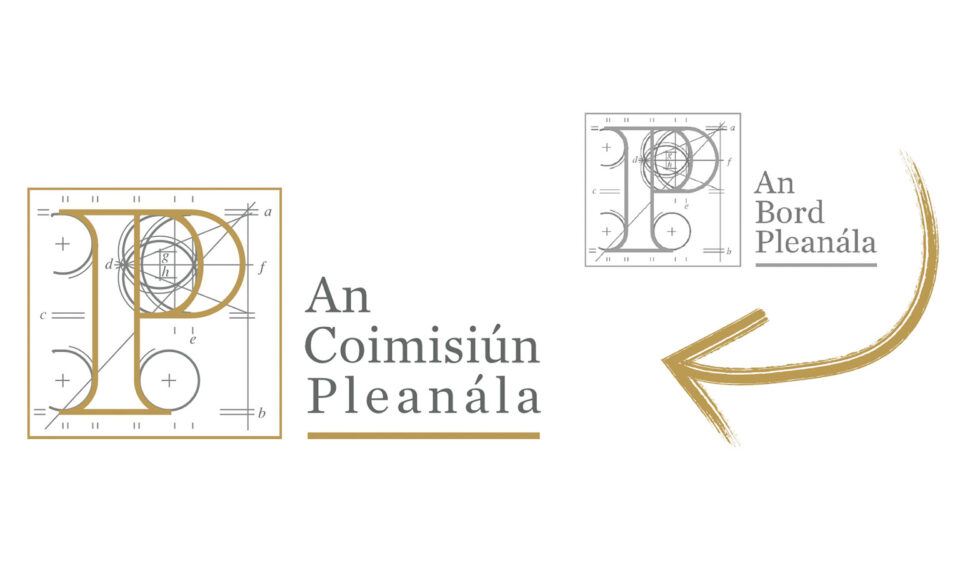
Northern Minister Gordon Lyons MLA: Housing ‘at the heart of government’
1st July 2025
Government approves establishment of Housing Activation Office
1st July 2025Recent trends in adjudication under the Construction Contracts Act 2013

Statutory adjudication pursuant to the Construction Contracts Act 2013 (‘the Act’) has established itself as an increasingly popular means of resolving payment disputes in the construction industry in Ireland, write Angelyn Rowan and Ian Murphy.
The popularity stems from the relative speed of the process and the ability to enforce an adjudicator’s award by way of High Court judgment.
Statutory adjudication was introduced in Ireland pursuant to the Act, (enacted in 2016), and entitles a party to a construction contract to refer a payment dispute to a statutory adjudication process. One of the key reasons for the introduction of the Act was to assist with cash-flow in the construction industry, particularly to sub-contractors in the supply chain. The adjudication process, set out under the Act, involves a fast-track 28-day process, (which can be extended to 42 days), with an outcome that is binding until either it is decided differently by the Courts or in arbitration or by way of a settlement between the parties. Notably, one cannot contract out of the Act. Whilst not the only means by which a payment dispute can be resolved, the most recent annual report of the Chairperson of the Construction Contracts Adjudication Panel shows a year-on-year growth in the use of the process. This trend, coupled with the judicial support for the process, means that those involved in housing development projects should be aware of the process and should be prepared to move quickly if they are at the receiving end of a notice to refer a payment dispute to statutory adjudication.
2023/2024 trends
The most recent annual report of the Chairperson of the Construction Contracts Adjudication Panel shows that since July 2019, there has been a year-on-year increase in the number of appointments of adjudicators in Ireland, with 101 applications and 93 appointments in 2023/24. Of these, the most common parties are sub-contractors and main contractors, followed closely by employers and main contractors. In 2023/24 alone, the total reported value of payment disputes was €42.2 million, with the average value being between €100,000 and €500,000.
Recent case law
In recent years, the Irish High Court has consistently endorsed statutory adjudication and not entertained arguments that sought to challenge an adjudicator’s decision or their jurisdiction. Indeed, the most recent Chairperson’s report documented that there were only two occasions where it was determined that an adjudicator lacked jurisdiction in the 12-month period between July 2023 and July 2024.
The recent case of Tenderbids Limited trading as Bastion v Electrical Waste Management Limited [2025] IEHC 139 slightly bucked this trend and is the first recorded decision where the High Court has refused to enforce an adjudicator’s award. This boiled down to a party failing to adhere to the correct means for the service of notices, which section 10 of the Act allows the parties to prescribe in their contract. This was ignored by the referring party who were required to serve the notice of intention to refer a payment dispute to adjudication by registered post but did so by way of email instead. The matter went to adjudication and the adjudicator made a payment award of €1.53 million in the referring party’s favour. Subsequently, the referring party issued High Court proceedings seeking to enforce the adjudicator’s award and entering judgment against the responding party. As a result of the referring party’s failure to adhere to the contractual notice provisions, the Court held that the payment dispute “was never validly referred to adjudication” and that “the purported adjudicator’s award is a nullity”. In those circumstances, the referring party’s application to enforce the €1.53 million award made in its favour was refused by the High Court. This is a salutary lesson on the need to strictly adhere to contractual provisions concerning the service of notices.
Responding to payment claims
General awareness of the Act and in particular the payment provision requirements of the Act are also of key importance to the parties to a construction contract. If an employer or main contractor does not intend to pay the full amount of a claim for payment from a contractor or sub-contractor, then it must respond to the claim with a 21-day period of the “payment claim date” (which is defined in the Act as the date when a payment claim in relation to an amount due under a construction contract is required to be made). Failure to do so could potentially expose the paying party to the obligation to pay the full amount on foot of an adjudicator’s decision, regardless of the underlying factual position and the “true value” of contractor’s contractual entitlement. To avoid this scenario, the careful management of the payment claim process to adhere to the requirements of the Act is advised.
Concluding remarks
It is expected that the overall trend of judicial support for the Act and the enforcement of adjudicators’ decisions will continue. Statutory adjudication is here to stay as a forum for the resolution of payment disputes in construction contracts in Ireland. Given the expected acceleration and increase in the delivery of new housing developments in the years ahead, statutory adjudication will undoubtedly be the means through which many payment disputes in this sector will be determined and resolved.
Angelyn Rowan, Partner, Projects and Construction
T: 01 237 3700
E: arowan@philiplee.ie
W: www.philiplee.ie







